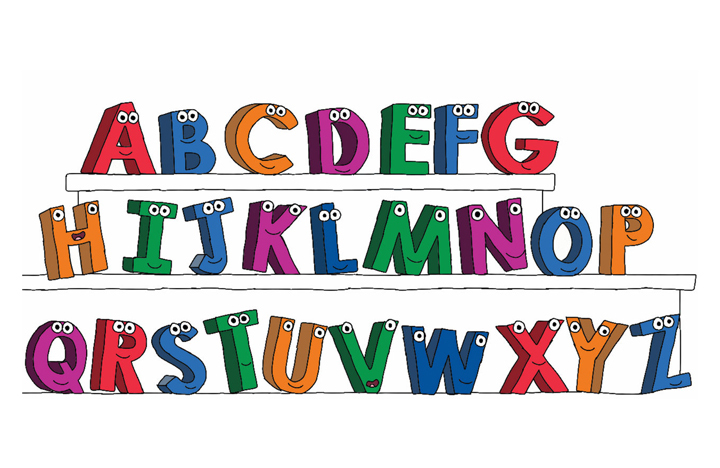In the heart of Albania’s cultural and historical tapestry lies a day dedicated to one of the nation’s most defining achievements: the standardization of the Albanian alphabet. Known as ‘Dita e Alfabetit’ or Alphabet Day, this holiday is more than just a celebration of language—it’s a commemoration of unity, identity, and progress.
What is Alphabet Day?
Alphabet Day marks the anniversary of a groundbreaking event in Albanian history: the Congress of Monastir, held from November 14 to November 22, 1908. This congress brought together Albanian scholars, intellectuals, and nationalists from across the world to unify and standardize the Albanian alphabet. The culmination of their efforts was celebrated on November 22, which has since become a national holiday in Albania.
The congress was a pivotal moment in Albania’s journey toward cultural and political independence. Before this, the Albanian language was written using multiple scripts, including Latin, Greek, Arabic, and Cyrillic. This lack of a unified writing system was a barrier to education, communication, and the spread of nationalist ideas. The adoption of a standardized alphabet not only simplified these processes but also became a symbol of national pride and identity.
Why is it Celebrated?
At its core, Alphabet Day is a celebration of language as a vessel of culture, history, and unity. For Albanians, their language has always been a cornerstone of their identity, particularly during times of foreign domination and suppression.
The new alphabet, based on the Latin script, was more than a practical solution—it was a statement of resistance against Ottoman rule and a step toward modernization and European integration. It allowed for the easier dissemination of literature, ideas, and education, fostering a stronger sense of national cohesion among Albanians in Albania, Kosovo, North Macedonia, Montenegro, and the Albanian diaspora.
How is it Celebrated?
Alphabet Day is celebrated with great enthusiasm, particularly in educational institutions and cultural organizations. Schools and universities host events that highlight the history and significance of the alphabet. Lectures, exhibitions, and plays often revisit the Congress of Monastir and its key figures, such as Gjergj Fishta, Mid’hat Frashëri, and Parashqevi Qiriazi, who played instrumental roles in the congress.
The city of Bitola (Monastir), now in North Macedonia, where the congress took place, often becomes a focal point for celebrations. Albanians from across the region visit the site to honor the legacy of their forebears. Additionally, poetry readings, concerts, and folk dances capture the festive spirit of the day.
When Did It Become a Holiday?
Alphabet Day was officially declared a bank holiday in Albania in 2024 to underline the importance of the alphabet in shaping the nation’s identity and history, by the Prime Minister of Albania after the Diaspora Summit of 2023. While its roots are firmly planted in the events of 1908, the formal recognition of November 22 as a holiday has further reinforced its cultural and historical significance.
A Legacy That Endures
Over a century later, ‘Dita e Alfabetit’ remains a beacon of pride and remembrance for Albanians. It’s a day to reflect on the resilience of a people who, through unity and determination, preserved their language and culture against the odds.
As Albanians celebrate Alphabet Day, they honor not only the letters that form their words but also the spirit of a nation that has always fought to make its voice heard. So, on November 22, join in the celebration of ‘Dita e Alfabetit’—a day that reminds us of the power of language to unite, inspire, and endure.

Comments
Leave a comment